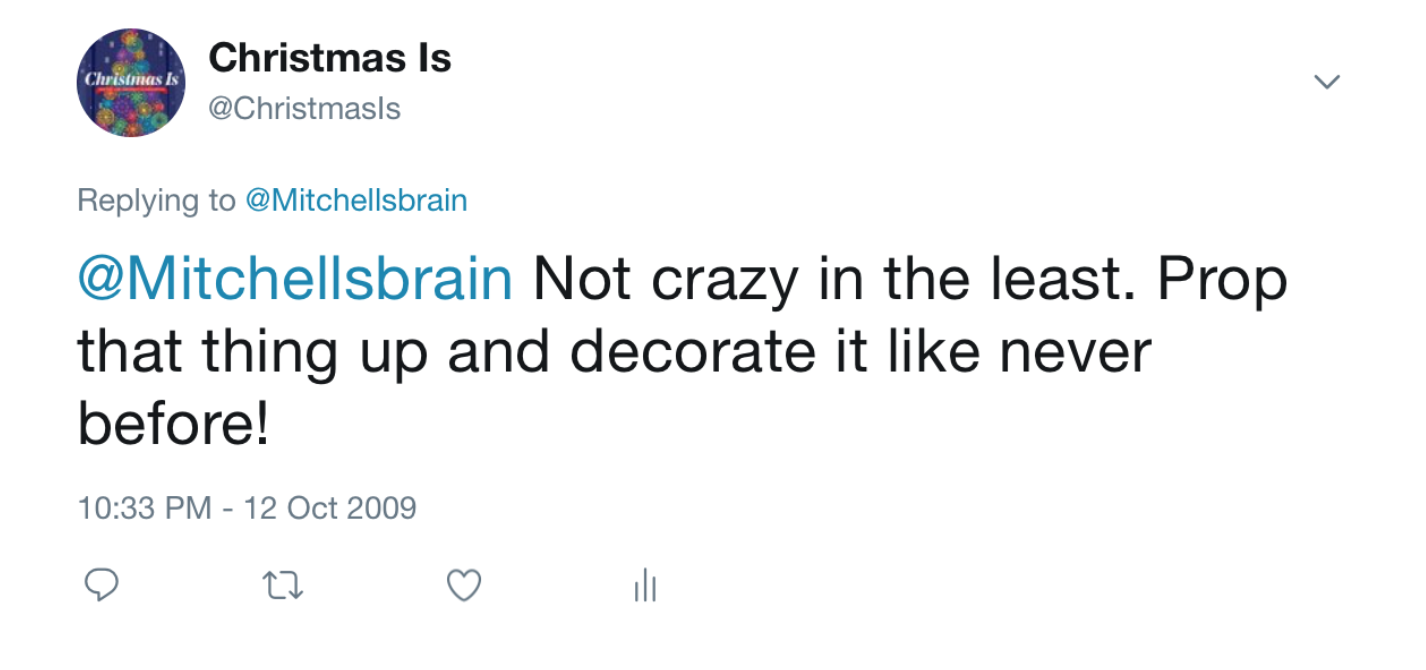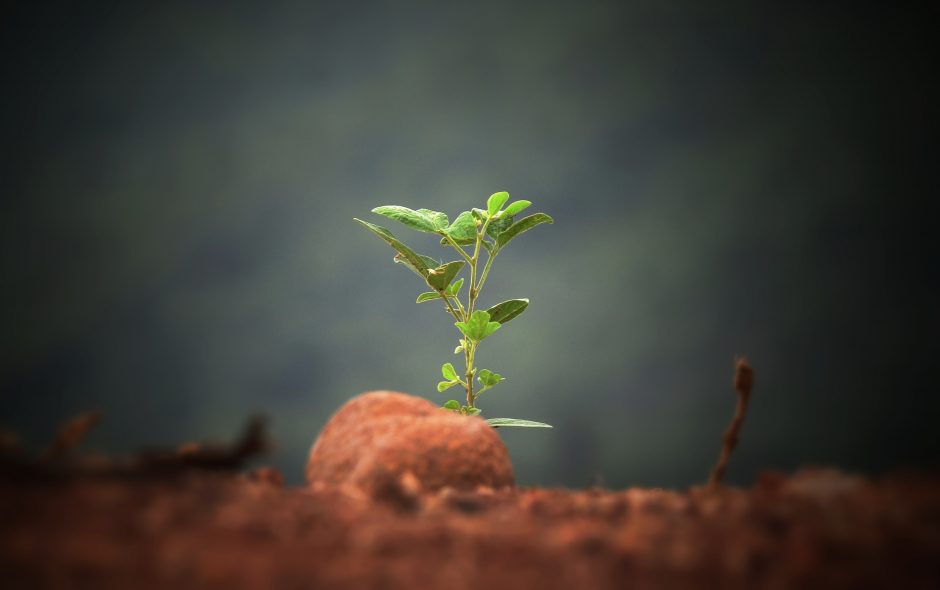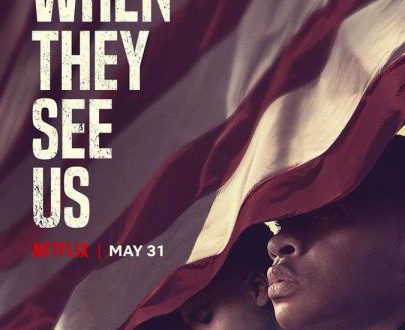Racism. The subject is steeped in centuries of emotion. The mere mention of it among people of different ethnicities has the ability to suck all the fun out of a room faster than a backdraft consumes air, and more often than not, the resulting vibe after such discussions is just as combustible. There are those who are exhausted from explaining it and those who are tired of hearing about it. In all honesty, I don’t enjoy writing about the subject. But … as a Person of Color, there’s one reason I continue to have those discussions — and if you consider yourself an ally of People of Color who stands against racist practices it’s the same reason why you should continue to as well: I have those discussions because they matter.
The State of the Union
In 2018, in this country, the fact that the idea that People of Color are people, too, and should be afforded the same freedoms, rights, and opportunities as others needs to be expressed in word (spoken and written) and deed (personal and public demonstrations) over and over again boggles my mind. That any human beings are viewed and treated as less than, based on the color of their skin, or for any reason, is maddening. If you’re still thinking America is flourishing in a post-racial Renaissance, here’s a quick, one-question test. Answer this woman’s question —
Moving on…
To carry the point further, who would ever imagine that the public outrage over the killing of a four-legged animal would eclipse that of the killing of a human being? A black man? I’m referring to the murders of Cecil the Lion and Walter Scott, both in April 2015. Or that People of Color would be blamed for their own demise, lack of economic opportunity, blah, blah, blah … but that’s the world we live in.
The Landscape
Pardon me while I do a riff on a centuries-old parable.
There’s basically three mindsets regarding racism in America. Don’t get your keyboard all locked up, I’m speaking in very broad terms here.
- The Willfully Ignorant—people who willfully claim ignorance of racism or deny its existence. They’re aware of the injustices; and either unabashedly embrace their racist point of view or drape their racism with the American flag and call it patriotism.
- The Marginalized and Their Allies—People of Color and those who support racial equality and stand against discriminatory practices. (Yes, I know these are different groups and I’m glad that you know that, too. But this essay isn’t about the marginalized versus allies as they’re both working towards the same goals.)
- The Unknowing — those who, through no fault of their own, are unaware of the facts due to lack of exposure to points of view different than what they’ve been taught or experienced growing up.
We can talk till we’re blue in the face about the evils of racism, misogyny, and other social ills; but the fact remains: if people aren’t ready and willing to see the world differently we can not make them. If you have a proven strategy that works on changing their worldview, great. Write an essay about it and post it. But for the sake of this essay, let’s totally dismiss the Willfully Ignorant and focus on the Unknowing. Why the Unknowing? Because they give me cause to be hopeful, very hopeful. I say this because ignorance is not the same thing as opposition.
Backstory
(You may want to grab a beverage or snack for this part.)
Years ago, I kept a blog and between October 1 through January 1 I wrote about my experiences in the Radio City Christmas Spectacular to share my adventures with family and friends. At some point, I began tweeting about my exploits in New York to just about anyone who found them interesting.
While on Twitter one day, early in the rehearsal season, I read a tweet — not directed to me — from some guy named “Mitch.” He asked no one in particular if October was too soon to put up his Christmas tree. I sent him a cheeky reply.

We sporatically kept in contact the remainder of that Christmas season and for a few years after that. No heavy topics. Our common interest, Christmas. Three years later, Mitch, his wife, and two kids flew across the country from California to New York for a weekend during the Christmas holidays. We held a lunchtime “tweet-up,” during which I met him and his family. Afterwards, they saw me in the show. Did they fly to New York for the sole purpose of seeing me in the show? Fat chance. But in any event, we kept in touch, even after I hung up my elf shoes and no longer performed in the Christmas show.
It wasn’t until three years later that we discussed anything having to do with racism. That conversation — initiated by Mitch’s questions — served as one of several dialogs that prompted me to write How I Talk to White People About Racism. Since then, we’ve had a number of conversations about a myriad of race related topics.
Fast forward
… to a couple of weeks ago. Mitch text messaged me how at thirty-eight years of age he has returned to school to complete his Associates in Arts degree, with the goal of getting a Masters in Psychology. He went on to tell me how his American history course (which covers the Civil War through 9/11) is especially thought-provoking in light our previous conversations. According to Mitch, it seems our impromptu chats about race and racism were fertile soil for the details presented in the more formal setting of a college classroom to take root.
At the time, I thought my answers to his questions about my experience as a black man in America were inconsequential. A series of simple one-offs. I saw his questions coming from someone who was a little off the beaten path. My eyelids were peeled back when he also told me three weeks ago that he was raised in an ultra-conservative, uber-Republican part of Arizona. I had no clue until then.
He went on to passionately recall epiphanies he experienced in his music history class (1930–2000). For example, how white artists got rich off music originally written by “African Americans” while giving them little to no financial compensation. I laughed in amusement to myself as that bit of history was common knowledge and because in the same hour Mitch confessed to his conservative Republican roots, but also demonstrated a deeper understanding of the systemic racism and the injustices facing People of Color today.
I knew the history of racism was bad but the details I’m learning are more disturbing than I thought … lack of freedom for freedmen … anything they could do to hold African American men back and keep them down. Things have improved since then but still lots of work to be done.
– Mitch
I can’t wait till he gets to the ’80s, MTV, and how the network played on videos by white artists until Michael Jackson came along and other artists withheld their videos until the network became more inclusive.
Full Circle
Our most recent conversation brought our relationship full circle. We are two people of different ages, races, sexual orientations, marital status … we’re about as divergent from one another as two people can be; but we’ve been able to discuss racism and other related issues over a period of years due to a desire on his part to understand and reconcile the difference beween what he had been taught with what he saw in the real world. At the time we first began communicating, discussing race relations wasn’t even on my radar, just like I’m sure he didn’t know his world view was narrow.
I’m not so arrogant as to assume responsibility for Mitch’s transformation. A more accurate assessment might be that I’ve been only one of a series of people and incidents in his life to help him see the world with a broader, more inclusive point of view. Honestly, I think if I had passed on the opportunity to share my thoughts with him, someone else would have been given the opportunity to plant those seeds in his life. And how much better for the world, that one more person understands that racism is real and its affects are far-reaching, and is also willing to speak out against it. And you know his kids are going to soak all this up as well … that’s a-whole-nother socially aware and proactive generation fighting the good fight.
You miss 100% of the shots you don’t take.
—Wayne Gretzky
If you’re someone with a vested interest in eradicating racism, passing up an opportunity to speak out against it—especially with someone with a genuine desire to understand more than they know—is counterproductive. I’d much rather not have to beat the drum over and over, but if I have to I will. Because this is bigger than me. There’s more at stake here than my moods.
As much as we’d all like to see the fruits of our labors, we rarely get to see how or if our efforts have long lasting effects on another person in this arena. But that doesn’t mean we shouldn’t plant seeds for the benefit of future generations. Many of the freedoms we enjoy today exist because of the efforts of others. How sad would it be if our forbears strived only for their visible and immediate benefits?
It doesn’t matter whether you witness their growth or change. Paradigm shifts take time. It may take fifty, a hundred, or more people all saying in there own unique way that racism is wrong and that People of Color are people, too, and should be afforded the same freedoms, rights, and opportunities as others. Remember, we’ll all on a journey to becoming better versions of ourselves, some of us just need to be given a few directions along the way.
The greatest impact anyone can have on another takes place when the two people are in relationship with one another. It doesn’t have to be an intimate or familial relationship; as long they treat one another with respect and care, great change is possible. You see what came from a random tweet about a Christmas tree.
Remember, it’s not your responsibility to change anyone’s mind, that’s no one’s choice but theirs. But when given the opportunity to have a potentially positive impact on another person in matters of race in America, as a Person of Color or ally, you owe it to yourself — and others — to tell your truth and plant a seed.
Love one another.



